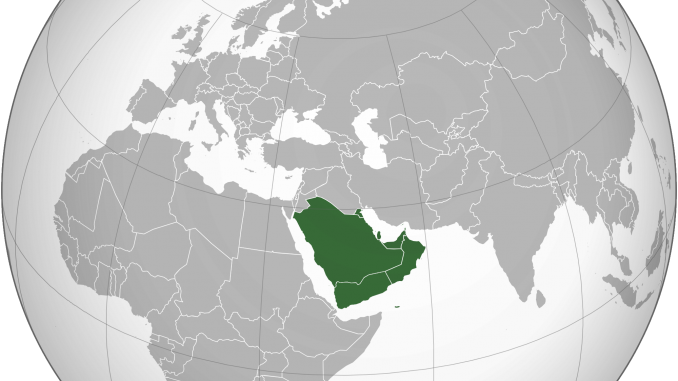
Gulf allies pledged to aid Jordan with $10 billion, and Jordan with $2.5 billion. The decision took place today Thursday in an attempt to stabilize the fragile the financial conditions in both countries during years of planned economic reforms.
The news, which has not been officially announced yet, has shown that aid to Bahrain will be provided over a period of five years and will include loans, deposits and grants. As for Jordan, where protests against tax increases brought down the government earlier this year, aid will include a $1 billion deposit in the central bank.
The aid to Bahrain will support the national currency against its devaluation, which is feared by investors, and this aid will allow the country to borrow from international debt markets at lower interest rates.
Analysts believe that this support and figure is very encouraging and will mitigate the risk of any short-term dislocation, as markets need additional information to address sustainability concerns.
Bahrain’s economy, the smallest of the six oil-rich Gulf Cooperation Council (GCC) member states, has been hit hard by falling crude oil prices since 2014. This agreement, which has been prepared following months of negotiations over Bahrain’s fiscal reforms, is expected to include various financial measures to increase the revenue from outside of the oil industry, together with the introduction of VAT.
The country has been relying on bond markets to finance its budget and current account deficit and to replenish its foreign exchange reserves. The authorities canceled bond sales in March after investors sought higher returns but raised $1 billion in Islamic securities.
As for Jordan, Saudi Arabia, Kuwait and the United Arab Emirates will deposit $1 billion in the country’s Central Bank. Saudi Arabia will provide a loan guarantee of $600 million and $150 million in annual budget assistance for five years, according to a statement issued by the Saudi Ministry of Finance.
The aid is part of a $2.5 billion package pledged by Jordan in June. The funds will provide breathing space in the Jordanian government to implement fiscal reforms aimed at reducing the budget deficit and stabilizing an economy that is under pressure from the influx of 1.5 million refugees.
The tax increases were part of the reforms agreed with the International Monetary Fund in 2016 under a $723 million loan program. Jordan has been dependent on foreign aid from the United States and oil-producing Gulf states for decades, trying to cut subsidies and cut spending. The three Gulf states will also provide $50 million to help build schools in Jordan.
Jordan, whose public debt is almost equivalent to the gross economic output, has been hit by global commodity prices, with unemployment at its highest level in two decades. The United States pledged this year to grant Jordan more than $6 billion in aid over the next five years.




Be the first to comment